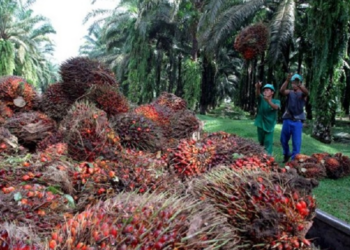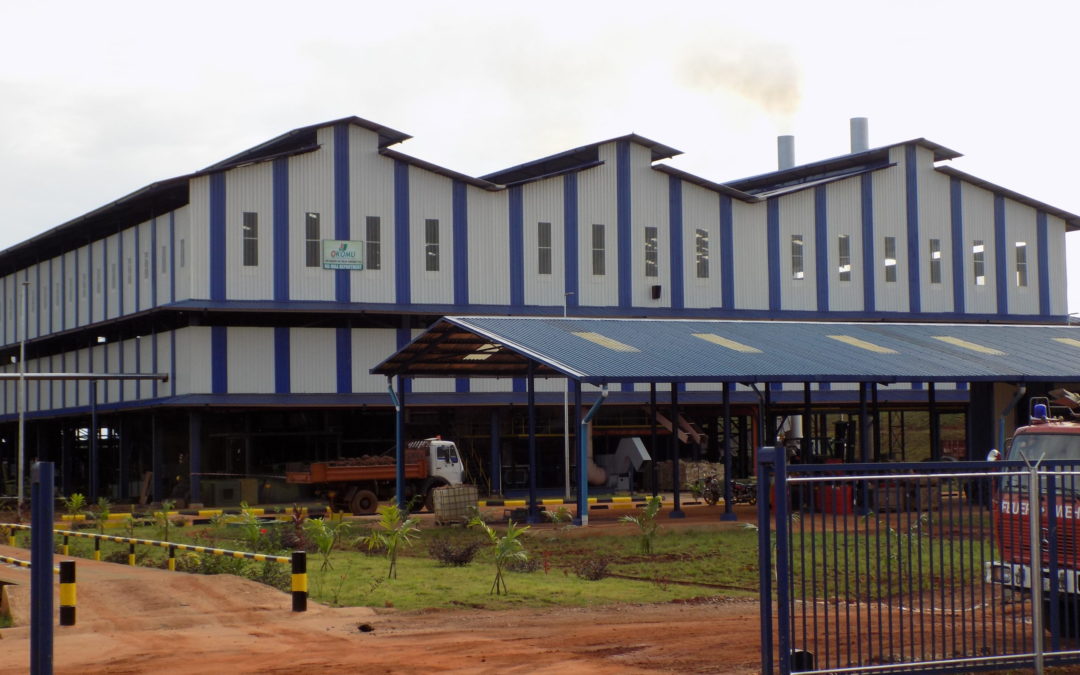The Managing Director/Chief Executive Officer of Okomu Oil Palm Plc, Graham Hefer, has addressed the impact of the border closure on the company.
Hefer explained that the border closure had yielded positive results for the company and others, as its clientele base has expanded since the policy was implemented in October 2019. He said companies that didn’t trade with Okomu Oil in pre-border closure are now contacting the company for palm oil delivery.

Despite the clamour of some critics for the policy to be reversed, the Okomu boss wants the border to remain closed.
“Yes. I would say that the closure of the borders has been a blessing. I am of the opinion that the exercise should be continued.
“The effect it has had on our local market share is that there have been some new companies requesting for Crude Palm Oil that we have not had on our books previously since the land borders were closed.
“Equally to answer your question about the border closure’s effect on our sales over the past few months; since the land borders were closed, sales have normalised again. In terms of the effect of the border closure on our profits, apart from the illegal imports initially, prices also affected our profit and the prices were down for most of 2019.”
[READ MORE: Okomu Oil Palm ‘s profit declines by 43.22% as at Q3 2019)
Okomu Oil, which produces Banga Palm Oil and NOKO10 rubber brands, has not recorded any fallout in terms of cross-border trade because the company doesn’t export its product outside Nigeria; its market is within Nigeria.
Battling unfavourable competition: According to Hefer, Okomu Oil would have been battling with unfavourable competition from foreign palm oil companies if not for the import duties on imported crude palm oil. He explained in the interview with Punch that the playing field is not level when the benefit enjoyed by the foreign companies from the government is factored in.
Hefer said these foreign companies had their products subsidised by their government, coupled with company tax incentives. He said these make it difficult to compete in the Nigerian market where the cost of production is high. So, the import duties on imported crude palm oil have been their saving grace although the company is also faced with multiple and illegal taxes and tolls.

On how companies listed on the Nigerian Stock Exchange fare, he added that some quoted firms would file for delisting from the bourse as their expectations were not met.
“The likes of Securities and Exchange Commission, Financial Reporting Council and other parastatals and organisations that do have a role to play don’t always seem to work constructively with companies,” he added.
Hefer said the only benefit of listing on the NSE is “the ability to obtain equity from our shareholders, if and when, this is required.”






















